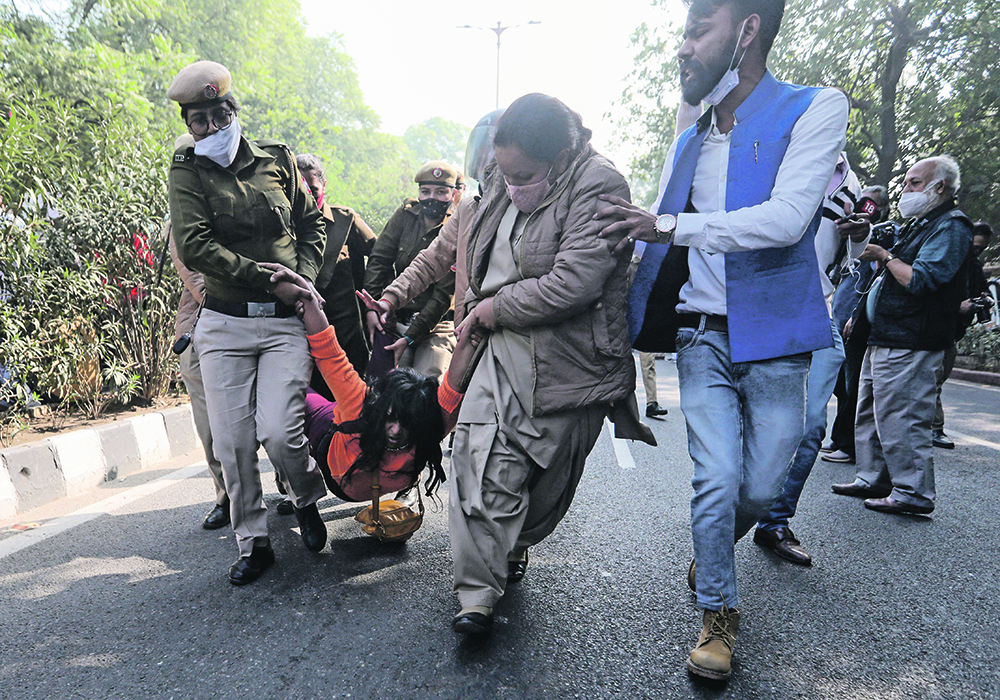Producers fear reforms would give private businesses too much control and have rejected government changes to law
New Delhi, India (Reuters) — India’s farmers rejected a government proposal last week to amend three controversial laws and said they would step up protests seeking withdrawal of these laws, which they said would harm their economic interests while helping big food retailers.
Farmers have been demonstrating since late last month over reforms enacted in September that loosened rules around the sale, pricing and storage of farm produce, which had protected farmers from an unfettered free market for decades.
“The farmers have rejected the government’s proposals,” Darshan Pal, president of Krantikari Kisan Union, told reporters after the meeting of more than 30 farmers’ unions.
Read Also

Anti-separatist movement targets rural Alberta
Former deputy premier Thomas Lukaszuk’s anti-separatism Alberta Forever Canada petition campaign expects to run full steam ahead into the province’s farming regions
Related story: Indian farmers receive support
Farm leaders said they would intensify nationwide protests, including a boycott of the leaders of Modi’s ruling party, blocking national highways and picketing at toll plazas.
Expressing their anger toward large domestic corporations and retailers, including Reliance Industries and Adani Enterprises, farm leaders said they would boycott the products and services of these companies.
The majority of farmers believes the new laws could pave the way for some of India’s leading corporations to enter the Indian agriculture trade, leaders said.
Adani Group said the company had no role in the direct purchase or sale of the farm produce and was only hired by the government agencies for storage of the produce.
Earlier, Indian government officials looked for ways to tweak new laws liberalizing the agricultural sector, after they put off a second day of talks with farm organizations that have mobilized mass protests.
Small growers, in particular, fear that they will be at the mercy of big business if they are no longer assured of floor prices for staples such as wheat and rice sold at government-controlled wholesale markets.
Unhappy with Prime Minister Narendra Modi’s liberalization, farmers have set up protest camps and blocked roads surrounding the capital New Delhi, and last week mounted a nationwide strike.
Farm leaders want the government to retain mandatory government purchases and said buyers at private markets should pay the same tax as at state-run markets.
The protests, led by influential farm groups from the grain-producing states of Haryana and Punjab, pose a major challenge to Modi as he seeks to reform the vast agriculture sector, which makes up nearly 15 percent of India’s $2.9 trillion economy and employs around half of its 1.3 billion people.
Opposition parties criticized the reforms, saying they would benefit big business and be disastrous for the rural economy, and met President Ram Nath Kovind, the country’s ceremonial head of state, urging him to ask the government to accept farmers’ demands.















